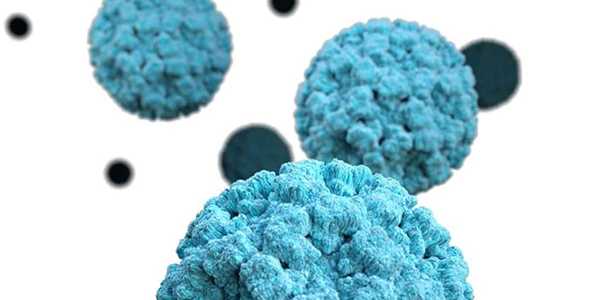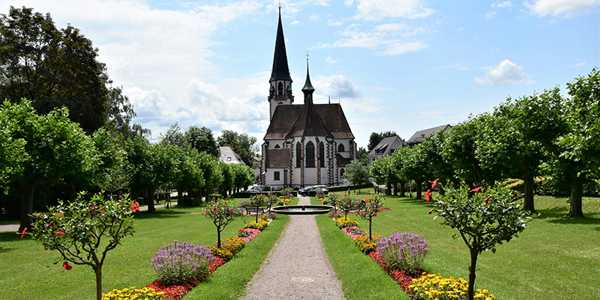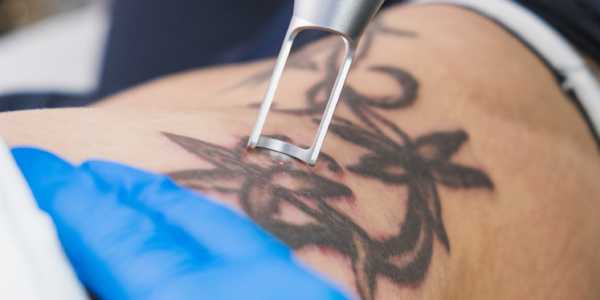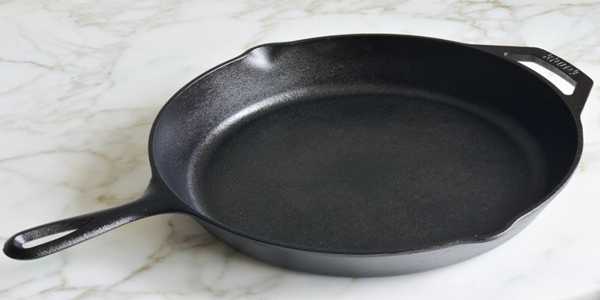How Much Do Breast Implants Cost?
If you're considering breast implants, understanding the cost is an important first step. The price can vary based on several factors, from the type of implants to the surgeon's experience. In this guide, we’ll break down the details to help you make an informed decision and budget accordingly.
Average Cost of Breast Implants
In the U.S., the general price for breast implants typically falls between $3,000 and $10,000. This price range varies due to several factors, including the choice between different types of implants, the qualifications and experience of the surgeon, and the location of the surgery. For instance, silicone implants are usually more expensive than saline alternatives, attributing to their sophisticated manufacturing processes and technology.
Additionally, pricing may fluctuate significantly depending on the procedure's geographic location. Costs are usually higher in bustling metropolitan areas such as New York City and Los Angeles compared to smaller towns, driven by demand and elevated operating expenses in urban medical facilities.
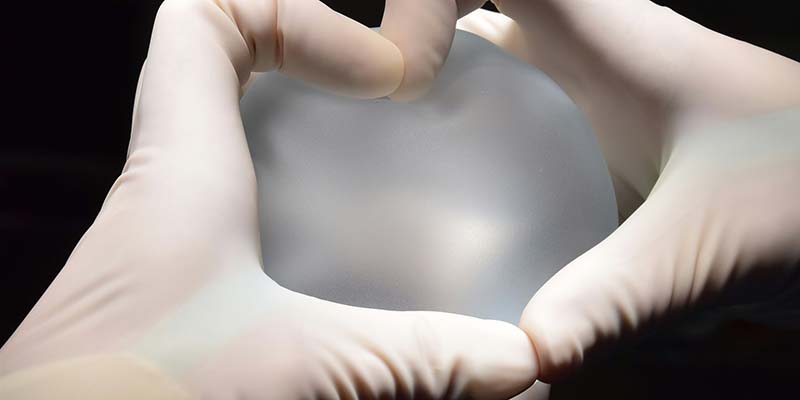
Factors Affecting Breast Implant Costs
Types of Breast Implants
1. Silicone Implants
Silicone implants are filled with a gel that mimics the feel of natural breast tissue. They are known for their soft, natural look and feel.
Average Price: $6,000 - $10,000 (including surgeon’s fees and anesthesia).
2. Saline Implants
Filled with sterile saltwater, saline implants are inserted empty and filled after placement. They are firmer than silicone implants and tend to be more affordable.
Average Price: $3,500 - $7,000.
3. Gummy Bear Implants
Made with a thicker, more cohesive silicone gel that holds its shape better, gummy bear implants are firmer and offer a more natural appearance with less risk of leakage.
Average Price: $6,000 - $12,000.
4. Round Implants
Shaped like a ball, these implants provide more fullness at the top of the breast. They offer a fuller, more pronounced look.
Average Price: $4,500 - $8,000.
5. Anatomical (Teardrop) Implants
These implants have a natural, teardrop shape with more volume at the bottom. They are ideal for those looking for a subtle, natural breast enhancement.
Average Price: $5,000 - $9,000.
6. Smooth Implants
Smooth implants have a soft outer shell that allows for natural movement. They offer a more natural feel but may have a slightly higher risk of complications.
Average Price: $4,000 - $8,000.
7. Textured Implants
Textured implants have a rough surface designed to prevent shifting. They may carry a slightly higher risk of certain complications, such as capsular contracture or BIA-ALCL.
Average Price: $5,000 - $9,000.
Surgeon’s Experience and Reputation
The qualifications and experience of the surgeon performing the augmentation can significantly impact the total fee structure. Renowned surgeons, particularly those with specialized training or extensive experience, can demand fees that exceed $15,000, reflecting their expertise. Furthermore, the price may fluctuate depending on the surgical location; higher costs are often seen in urban centers where demand and operational costs are traditionally elevated, whereas rural practices may provide more cost-effective solutions.
Financing Options and Payment Plans
Payment Methods
For individuals exploring breast augmentation, a spectrum of payment methods exists to ease financial burdens. Many rely on personal savings for a straightforward transaction devoid of interest, while others may seek assistance through financing options such as payment plans from clinics, spreading the total cost over several months. Medical loans designed specifically for cosmetic surgeries and conventional credit arrangements present additional avenues for patients to explore financially.
Insurance Coverage
Typically, insurance plans cover breast implants only in cases of reconstructive surgery rather than elective cosmetic enhancements. In instances where augmentation is deemed medically necessary—such as post-mastectomy patients—some insurance carriers may cover partial or full costs. Conversely, elective cosmetic surgeries usually require patients to be financially prepared for out-of-pocket expenses, as most private insurance policies exclude these procedures from their coverage.
Hidden Costs and Additional Considerations
Maintenance and Replacements
Breast implants are not lifetime solutions and many professionals recommend replacement every 10-15 years. This requirement can yield considerable long-term costs, compelling patients to plan not only for the initial surgical expenses but also for future procedures that uphold their desired appearance. Routine check-ups and possibly imaging studies to monitor the condition of the implants further contribute to the overall financial commitment.
Impact of Complications on Total Cost
Complications such as infections, ruptures, or capsular contractures can arise post-procedure, potentially necessitating revision surgeries. Such unforeseen issues often incur additional costs for surgical procedures, anesthesia, and recovery expenses. Moreover, dissatisfaction with the results may urge patients to pursue corrective surgeries, further amplifying their financial responsibilities. Recognizing the possibility of complications is crucial when assessing the total cost of breast augmentation, emphasizing the need for a comprehensive budgeting approach.
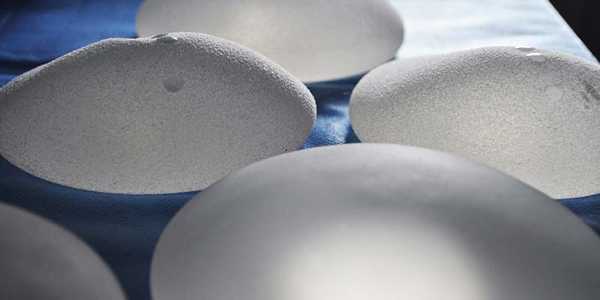
Alternatives to Breast Implants
Fat Transfer Breast Augmentation
Fat transfer breast augmentation involves taking fat from areas such as the abdomen and injecting it into the breasts, typically costing between $7,000 and $12,000. Although this method offers a natural feel and look, it may carry risks such as uneven results and does not provide as significant an augmentation as implants. In contrast, traditional implants, averaging $6,000 to $10,000, afford substantial size increases and more reliable outcomes, albeit with inherent risks, such as potential ruptures and the necessity for revisions. Ultimately, patients must weigh their preferences against their budget and desired aesthetic outcome.
Non-Surgical Options
Non-surgical breast augmentation techniques encompass fillers and breast lifting treatments. Fillers can provide moderate volume, with costs varying from $1,000 to $3,000 per session and typically offering temporary results lasting 6-12 months. Conversely, breast lifting can enhance shape, costing around $4,000 to $10,000. Despite resulting in minimal downtime, non-surgical options might not achieve the same effectiveness as traditional implants. While these alternatives cater to individuals seeking subtle alterations or non-invasive methods, their transient nature may require multiple sessions, potentially diminishing their cost-effectiveness over time.









